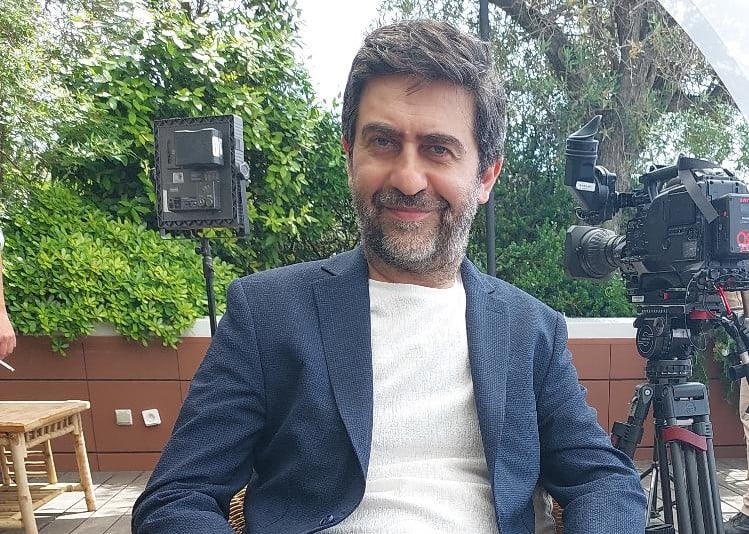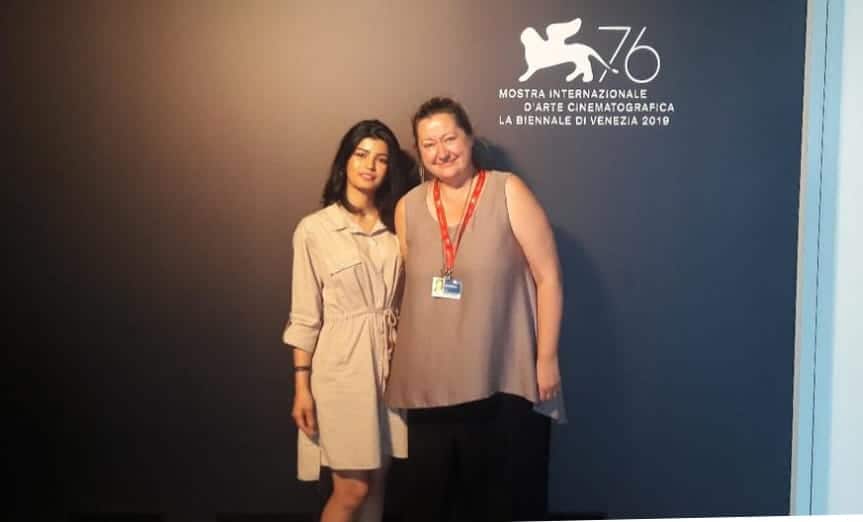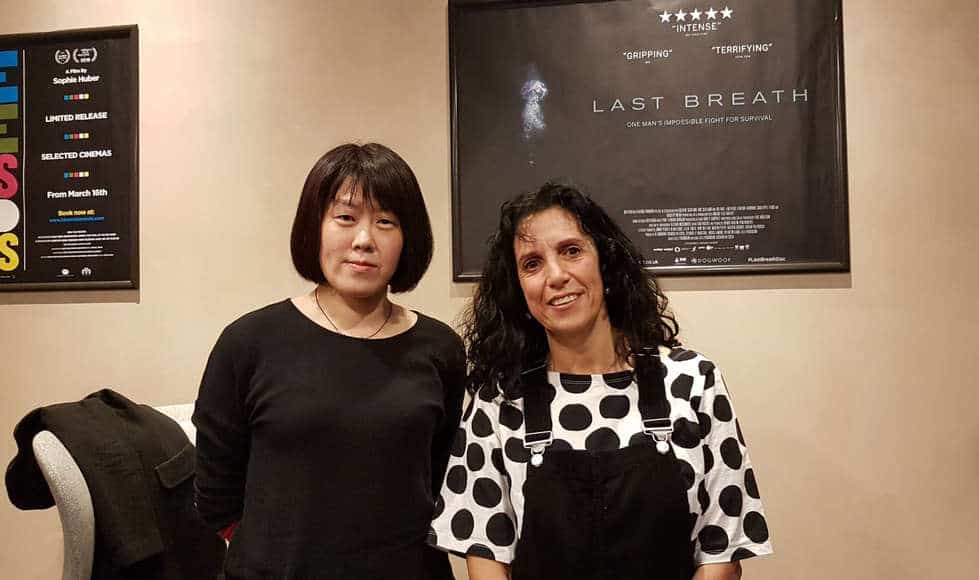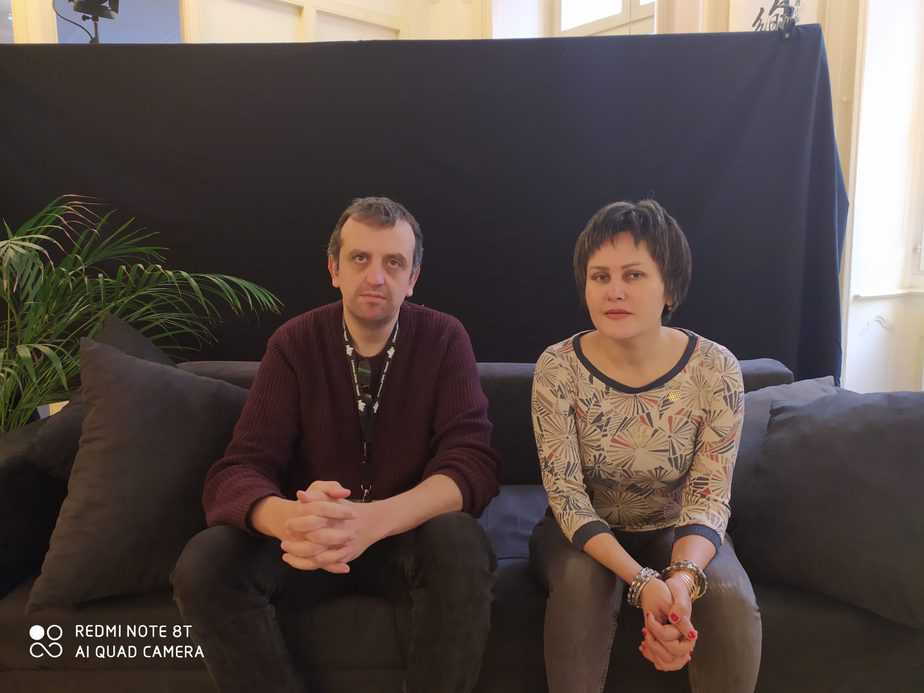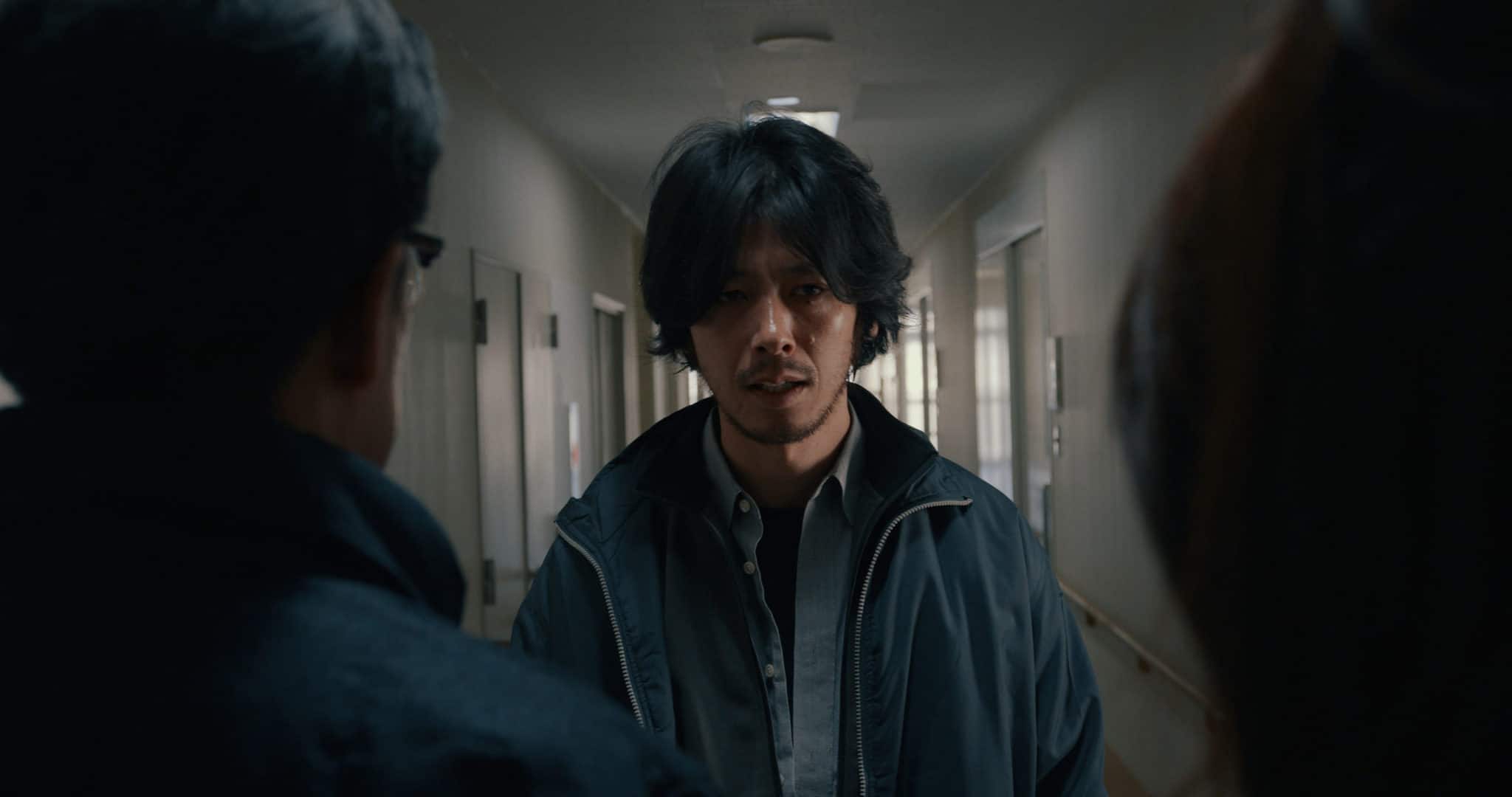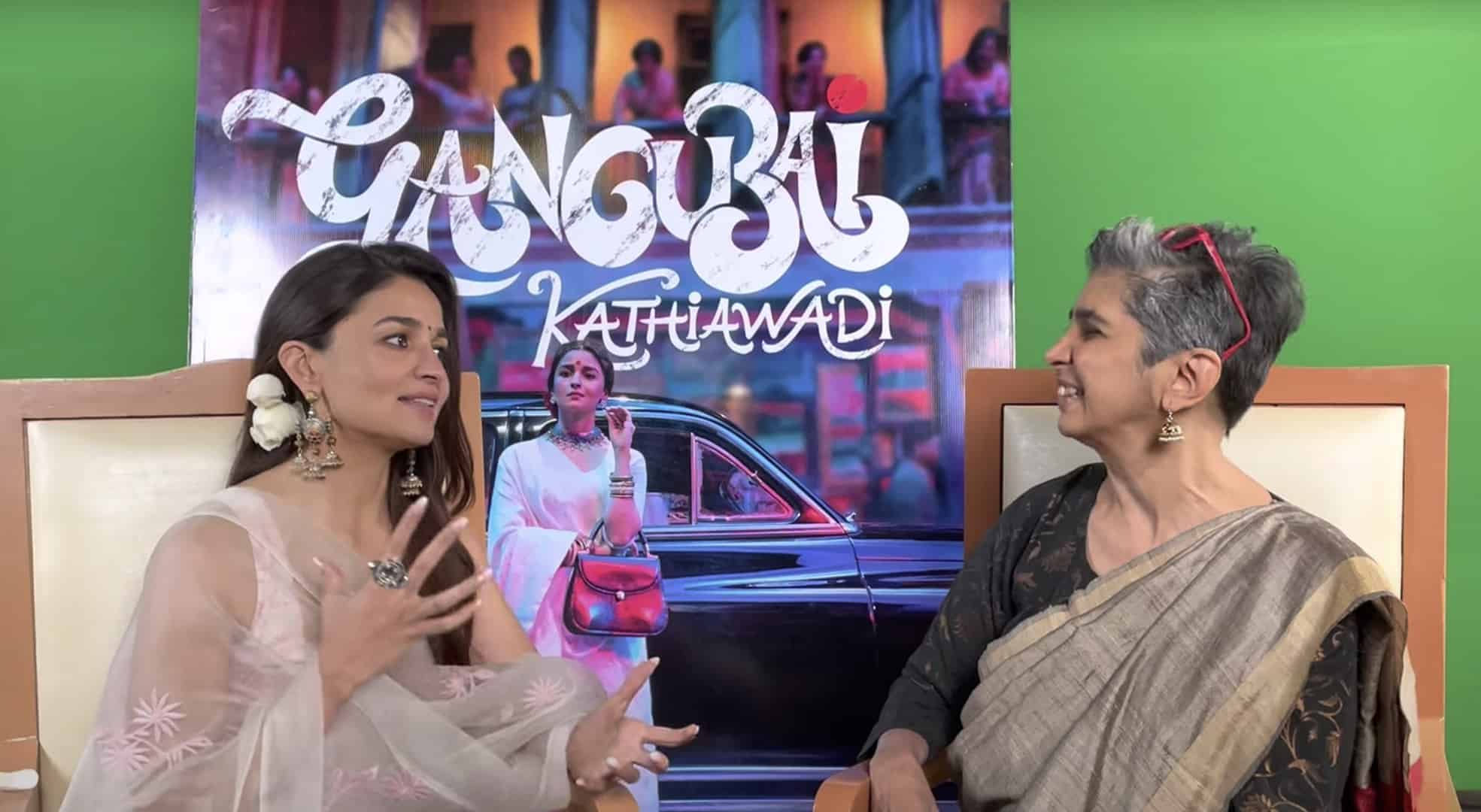Emin Alper's political thriller “Burning Days” competes in Un Certain Regard section of Cannes Film Festival, where we had the opportunity to sit down and talk about his impressive film which comes three years after his multiple awarded drama “Tale of Three Sisters”, and seven years after the success of “Frenzy” in Venice.
“Burning Days” is a story about a young, scrupulous persecutor who is sent to a small rural city in Anatolia to deal with a corrupted mayor, and problems with water shortage and wrongdoings that led to the appearance of a giant sinkhole in the area. His dedication to the job, and the honest way of approaching problems meet the strong resistance of the community atatched to the mayor, and he also ends up investigating a crime committed during the night he has no recollection of, but he suspects of having witnessed.
Alper spoke to Asian Movie Pulse, among other things, about the global rise of populism, human-inflicted environmental catastrophies, and about his casting and location choices.
“Burning Days” screened at Cannes Film Festival
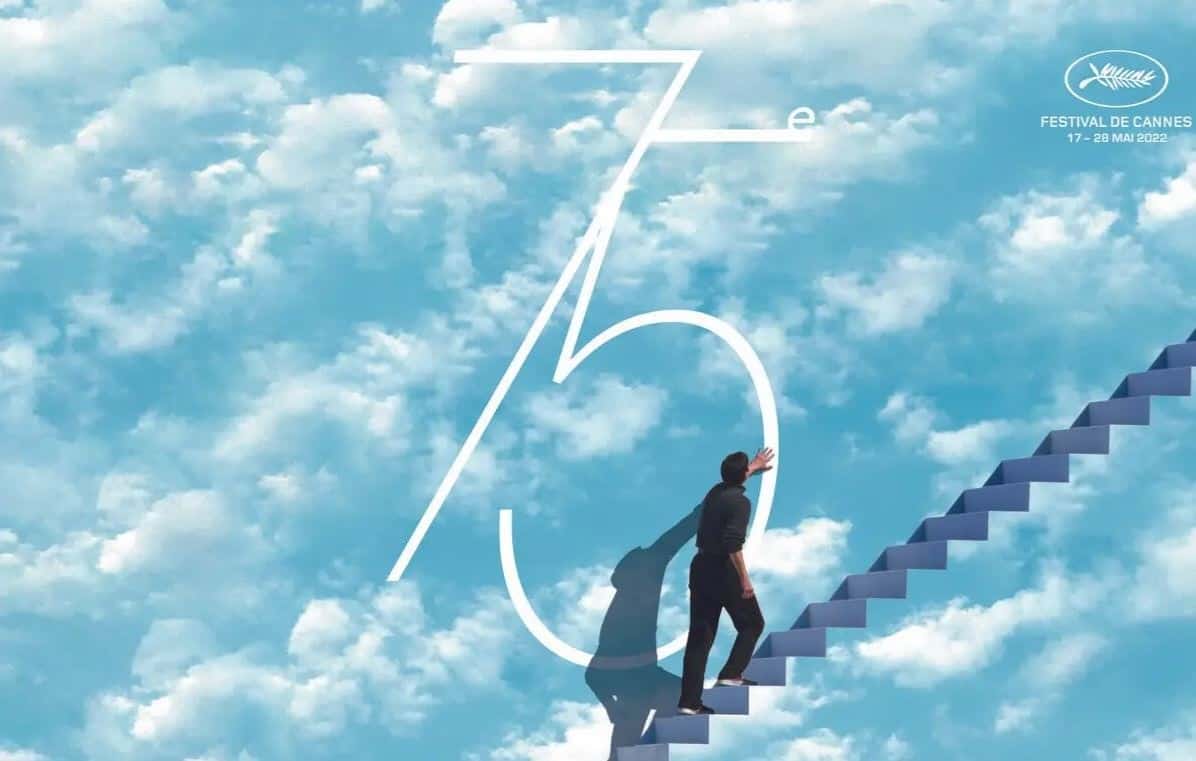
How do you feel after yesterday's premiere in the packed Debussy theatre, followed by the standing ovations?
I feel excellent, but I will feel even better once I'm done with the interviews.
Can you tell us something about the impressive shooting location you chose for the film? Naked mountains and barren land add to the eerie atmosphere in the movie, which almost make it look like a western.
The location was really important from the very beginning, and we were searching for it for a long period of time by travelling through Anatolia. I needed a desert-like place, because it had to give the right impression of the drought. There are lot of flat places, but I didn't want to shoot the film in them because I also wanted to create the atmosphere of claustrophobia, so I was loooking for a bit of a hilly landscape which was desert-like at the same time. And, of course, the town was really important. In Turkey, the towns are becoming very modernized and they have lost their traditional character. This town was special in that sense, so after a long, long period of location scouting, we finally found this place in the middle of nowhere.
Lots of people appearing in the film are non-professionals. Did you make a casting for them directly at the location?
Actually, there was a company in this region that deals with such castings, providing extras, especially for TV productions because as you know, Turkey has a huge ammount of series that get filmed all across the country. They found our extras, but it was difficult because many of them were inexperienced. So, directing them was difficult. It was a challenge. I was chosing them one by one by looking at the photos, because I was after a specific appearance.

Although the film isn't political per se, it tackles a lot of important issues such as corruption, and the means politicians use to manipulate the voting body. Could you tell us something about the backdrop of the story that you so meticulously developed?
Unsurprisingly, a lot of that comes from what I experienced in my country. But also, it is unfortunately not only a local thing. Such problems became universal, as neo-populists and populists had risen to power around the world. They are exploiting the basic needs of people, and they stick to power and abuse it. It is something we are experiencing in Turkey in the last years. The starting point was to use the town as a kind of metaphor, and I wanted to show the fight of a naive and honest guy against the corrupt politicians who are manipulating the basic needs of people despite of their long term interests.
It is interesting how you expose a very masculine way of living, and I would like to address this particular side of the film which steps into the domain of genre, starting with the scene right at the beginning, when the new persecutor gets ‘welcomed' by a wild boar chase through the city which leaves a long, bloody trace on the street.
Actually that wasn't my intention at the beginning. I just wanted to write a story. First, I established a frame, and then I thought that I should add an element of crime to it which happens in the middle of the story. This crime started evolving as a kind of a detective story, but then it also got some elements of genre, and when I realized that in the writing process, I just pushed it forward. For instance, as you noticed earlier, there are some references to western movies, some references to neo noir, but it is mainly a political thriller that uses elements of genre movies.
There is a subtle homoeroticism that sneaks into the story, and you are never sure what is going on, but there is this strong magneticism between the persecutor and the local journalist who is the only real opponent of the local mayor.
It is one of the elements that wasn't on my mind at the beginning. I rewrote the script many times, and in this process, many ideas came suddenly. I included that particual bit when I realized that it would make the film richer in many aspects, and it makes the scapegoating process more convincing. And I really liked the idea that on one hand, the prosecutor is investigating the event, but he is also investigating himself. This was the most attractive thing for me, because the relationships became the key elements of the investigation.
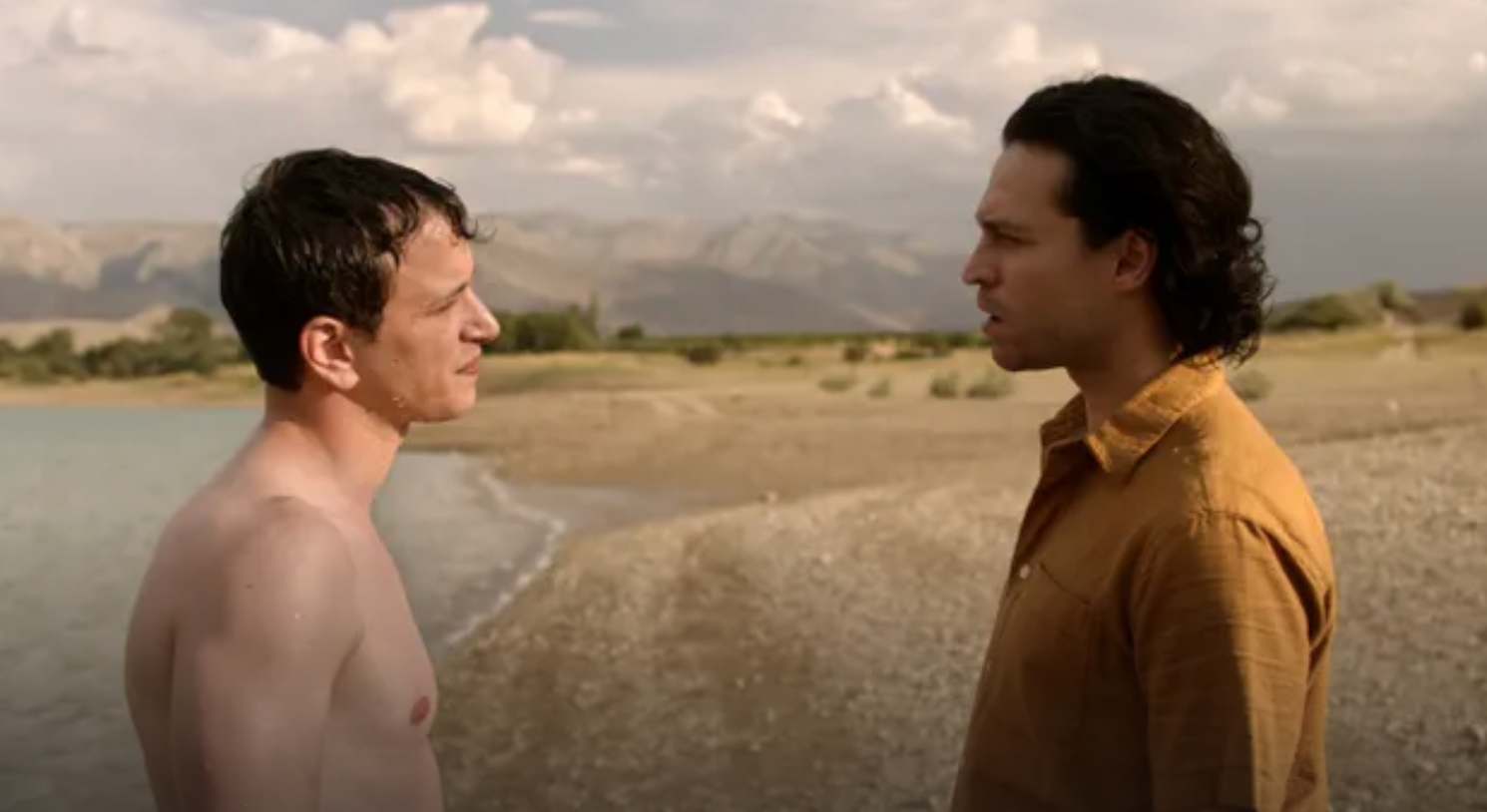
Let's come to the technical aspects of the film which was shot in summer. I guess that you were facing the heat and drought, so how did it technically work on the location?
Of course we knew that we were going to shoot in summer, and I discussed with my DoP how to use the sun. But at the end, the conditions were not so bad. We were lucky. The temperature was not really high, especially in the evening when it dropped to the point of the air becoming cool. Generally, it was ok, although we would ocasionally have some troubles. We tried to take advantage of the sun, and point at what time we shot which scene. Since the film is about the drought, we wanted to use the heat and the sunshine.
The sinkhole that brought the investigator to the city is interesting from two different points. On one hand, it is a metaphor for what is happening in the community, on the other – it is a concrete problem, a disaster caused by human negligence.
This has become a huge problem, especially in some parts of Anatolia because it is also related to the structure of the soil. There are more than 300 sinkholes, and this number is increasing. This has to do with the exhaustion of the gound water because big holes appear when you take the water out, and the soil collapses after a while. It is quite dangerous. But of course nothing changes because people continue to use ground water, especially for farming. This is not addressed in the film, but unfortunally some profitable crops, unlike the grain, need more water. So to be able to earn money, farmers are using the ground water.
So, the actual sinkhole is on the location you were shooting the film?
Not exactly there. We had to drive for two hours to reach it.
You have a got a very strong cast. Did you have any of them in mind while working on the script?
Not in particular. I had a standard casting. I ended up with a list of names, and I stayed faithful to it. For example, the persecutor was really special for me. I was looking for a guy who looks a little bit childish, baby-faced. He was not supposed to look manly and rough, and when I found Selahattin Paşalı, I liked his appearance very much. After a series of auditions, I decided to work with him. And then I tried to find a perfect match. For the side characters, it was easy. I knew who I was going to take for the roles of the lawyer and the dentist, because as soon they auditioned, I knew they were right.
It is impressive how you come close to your main protagonist by looking at him from a certain distance.
Actually, the decisions were mainly made in the editing, because I tried to shoot him from as many angles as possible. I just tried to find the rhythm and the exact flow during the editing, so I followed my instincts. It was not a mental process, I went after the feeling in chosing those shots.
Nocturnal shots have a very eerie atmosphere. You opted for the terracotta tones, yellow and red.
It is because of the geography that has that yellowish character. Terracotta was used on purpose, both in the art department and the lightning. Just before going into colour correction, my DoP Christos Karamanis and I decided on the colour palette. In the night shootings we generally wanted to keep the atmosphere in the dark. For example, we didn't use the moonlight effect. Mostly, everything was done with the natural light sources, like the bulbs. So, we didn't use any artificial aids.
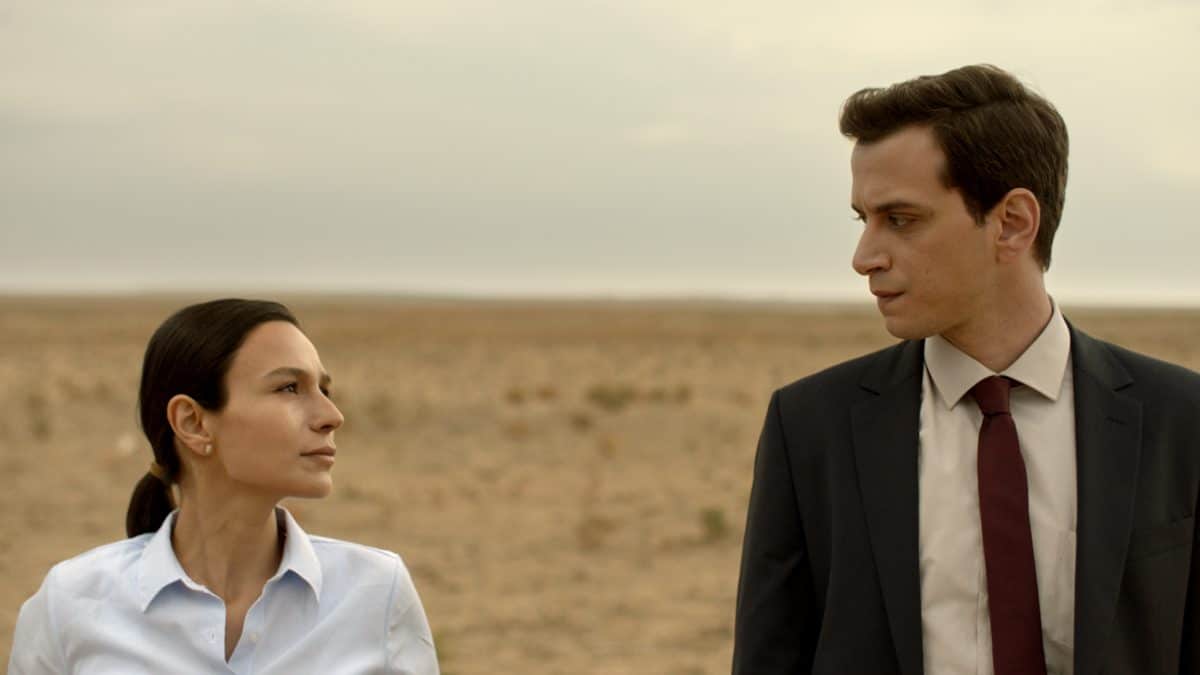
There is a very long, crucial scene in the movie, that takes place in mayor's house. And in this scene, there is a very specific role that the music performed by local musicians plays in building up the atmosphere for the crime that is about to happen.
Yes, that night scene is very important to me. Actually, it was much longer, but we shortened it during the editing. I like these kind of scenes, because they both conceal and reveal the intentions. And music can also be a way of covering them. Especially in the flashback, the music was important for me. Of course we discussed the choices with the musicians, and asked them what kind of songs they can play. I was noting down what they were saying, and for each particular scene, we agreed on certain kind of music.
When you stepped on the stage in Debussy, you said that one of your associate producers – Cigdem Mater, couldn't come because she was sentenced to a long jail sentence. What happened?
She is our friend, and there was a trial about the Gezi park protests which happened ten years ago. Unfortunately, Erdogan is still obsessed with them and believes that there is a conspiracy behind the protests, although they happened spontaneously. He believes that some conspirators from the West invested and put money to galvanize the protests, and declared Osman Kavala, a businessman and philantropist, as the guy behind it. He found some scapegoats who are related to him, and who were quite active in the Gezi protests, and Cigdem was one of them. Of course, they chose people arbitrary, and after a really ridiculous trial, because there was no evidence for anything, Erdogan made preassure on the judges who convicted seven-eight people to 18-years in prison. There will be appeals, but since he controlls everything, we are quite pesimistic.


